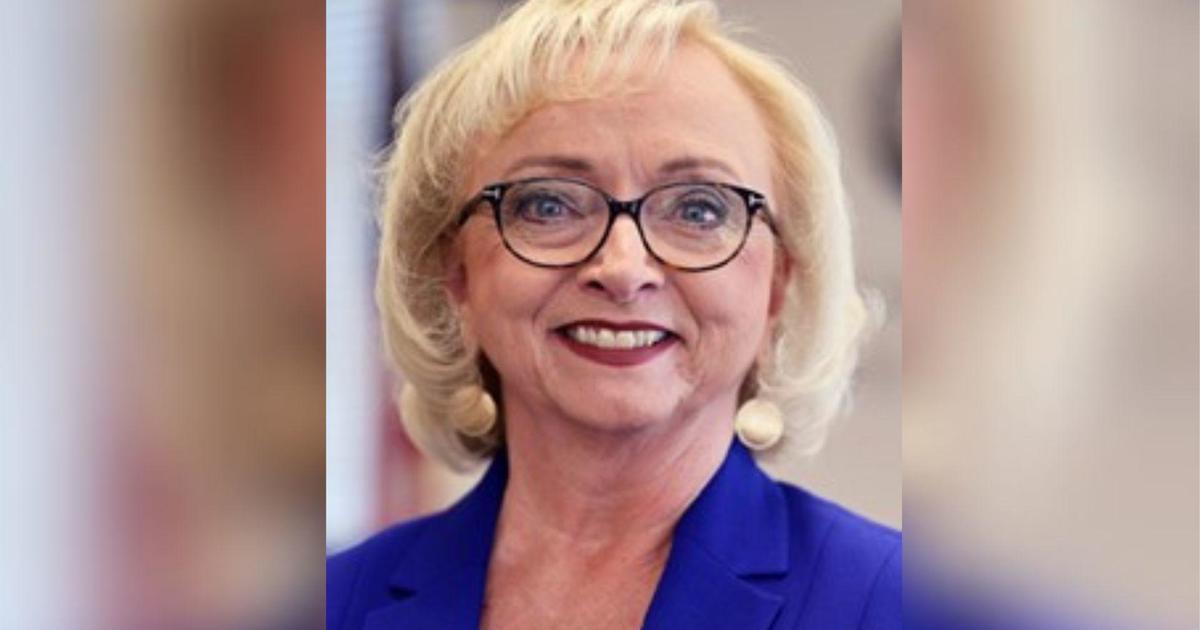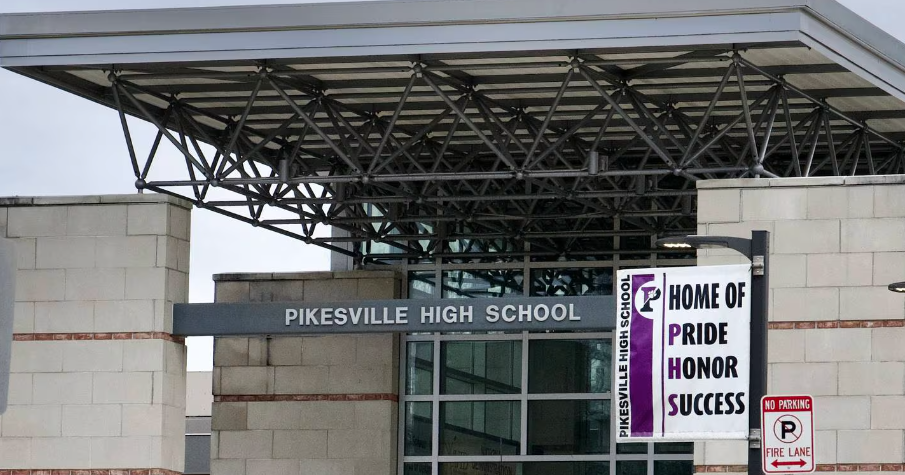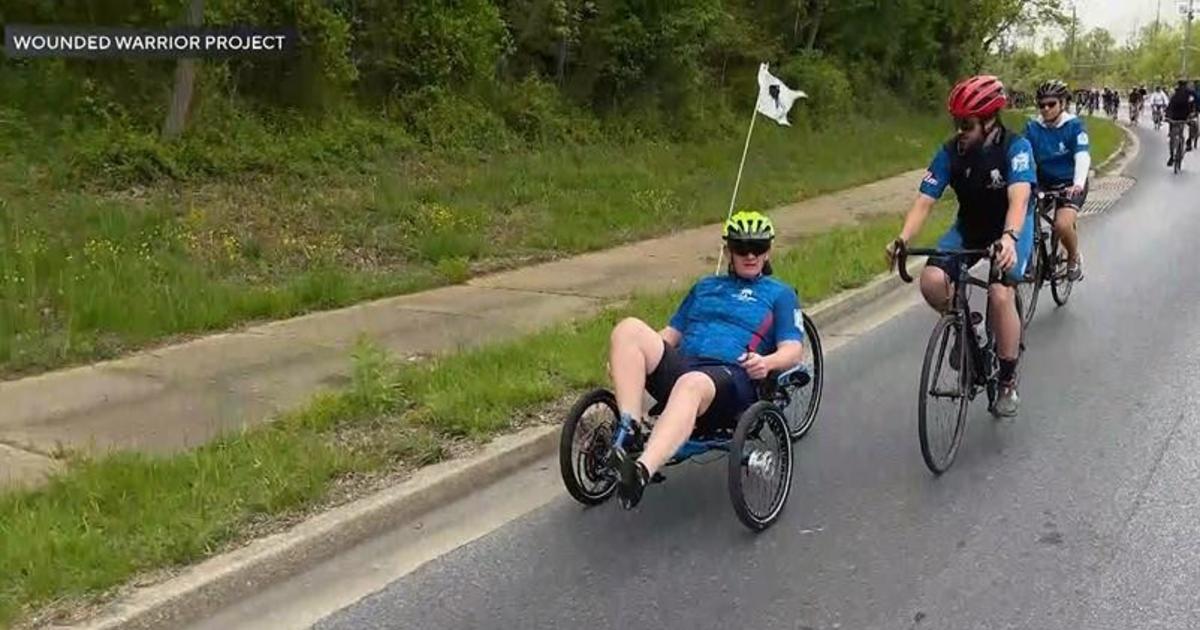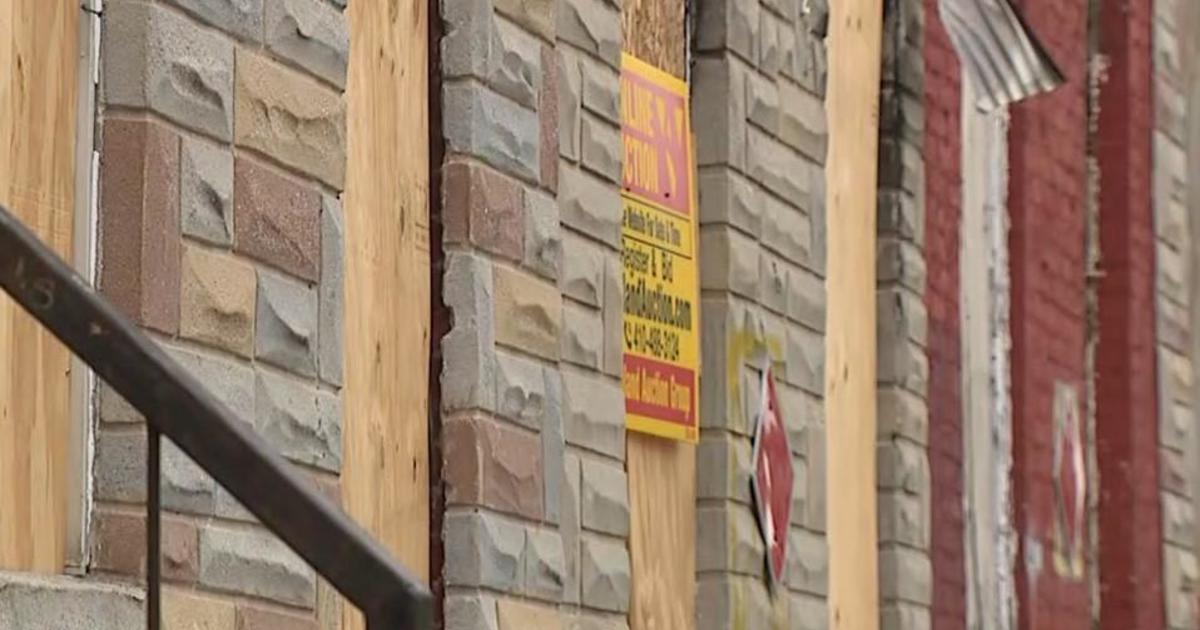Gubernatorial Candidates Discuss Helping Disabled
BALTIMORE (AP) -- Maryland's three candidates for governor outlined some of their plans on how they would work to help the disabled in remarks to a forum at the National Federation of the Blind on Thursday.
Lt. Gov. Anthony Brown, a Democrat, said he would create a task force to review state hiring practices and identify unmet needs.
COMPLETE GUBERNATORIAL DEBATE COVERAGE: Highlights| Read Our Blog & Watch Clips| Watch the full debate
"With some exceptions, there's probably no program that can compete with a good, family-supporting job," Brown said. "And having said that, there is going to be the need for some Marylanders where the public sector needs to be there as a backstop, as a support, as an equalizer, as an opportunity granter."
Brown also said he would look to improve accessibility in mass transit to better enable the disabled to commute to work, and he said he would fight discrimination against the disabled in public and private employment.
Boyd Rutherford, who stood in for Republican Larry Hogan, said he would support setting specific goals for hiring the disabled in state government.
"I think that is a first and an immediate step that can be taken," Rutherford, who is Hogan's running mate, said.
Rutherford also said he supported tax incentives for the private sector to encourage hiring the disabled.
Shawn Quinn, a Libertarian, promised he would have people with disabilities working in his office if he is elected.
"I can make sure that the government of the state does give you more opportunities for a job, and I can promise you that if I get into the governor's office there will be people with disabilities working in my office because I need them there so that we have a link together so we can work together to fix problems," Quinn said.
The candidates took questions from an audience at the National Federation of the Blind in Baltimore.
All three were asked why they did not include closed captioning in political ads to enable deaf residents to understand them.
Brown said cost was a factor, and while the state has made progress in the area, the resources of his campaign aren't as large as state resources. Still, he described the absence of closed captioning in his ads as a "failure."
"I can assure you that my failure, if you will, to communicate with certain communities will not be indicative of how wide and far and deep that we communicate," Brown said. "We are accessible to the populations that we serve."
Rutherford said it was a good question, and that he would take it back to the campaign.
Quinn said he doesn't have enough money in his campaign to pay for television commercials, but if he did, he would include closed captioning.
(Copyright 2013 by The Associated Press. All Rights Reserved.)



